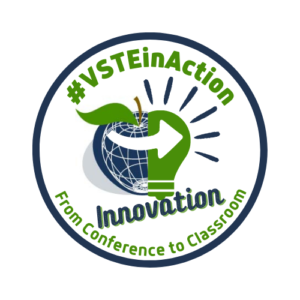 If you are interested in using evidence in your technology decisions, this is the webinar for you! Join us for the Thursday, January 26th at 4:00 webinar Supporting Educators' EdTech Selection and Implementation.
If you are interested in using evidence in your technology decisions, this is the webinar for you! Join us for the Thursday, January 26th at 4:00 webinar Supporting Educators' EdTech Selection and Implementation.
The EdTech Evidence Exchange will go over information on gathering timely evidence from your educators. In 30 minutes you will hear about a partnership between the VDOE Office of STEM and the EdTech Evidence Exchange that pays Virginia mathematics-involved educators to offer their insights into how technology is working (or not working) for them. Your data are available instantly in an online platform, in time for budget justifications and decisions, and will support ongoing implementation decisions.






